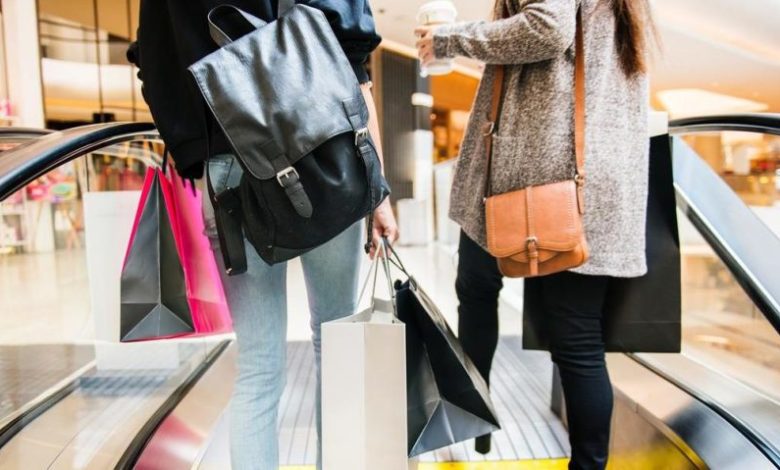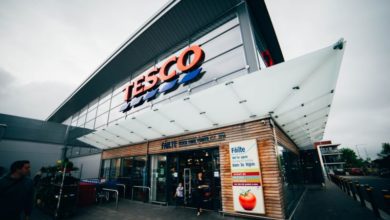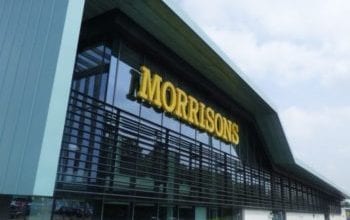Analysis
Inflation, fast fashion and how to keep shoppers in a recession
Retailers such as Primark and Asos have warned of low profit margins, while the ONS reports that inflation remains at record levels. At a time when consumers don’t want to part with their cash, what can retailers do to stay fresh while making a profit?

According to the Office for National Statistics (ONS), inflation is back in the single digits in August after it rose to worrying heights in July. However, despite its fluctuations, inflation has remained at record-breaking levels, damaging profits for affordable fashion retailers among others in different sectors.
You'll need to
subscribe to unlock this content. Already subscribed? Login?







